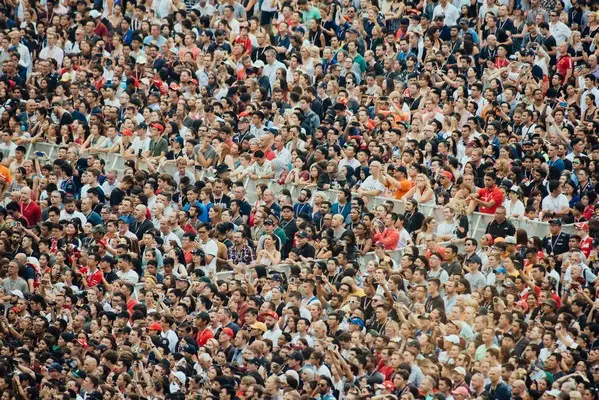
What is Social Stability?
Introduction Social stability is a foundational concept in sociology that refers to the endurance and consistency of societal structures, institutions, relationships, and norms over time. It encompasses the mechanisms and processes that maintain societal order and cohesion, allowing for predictable…









